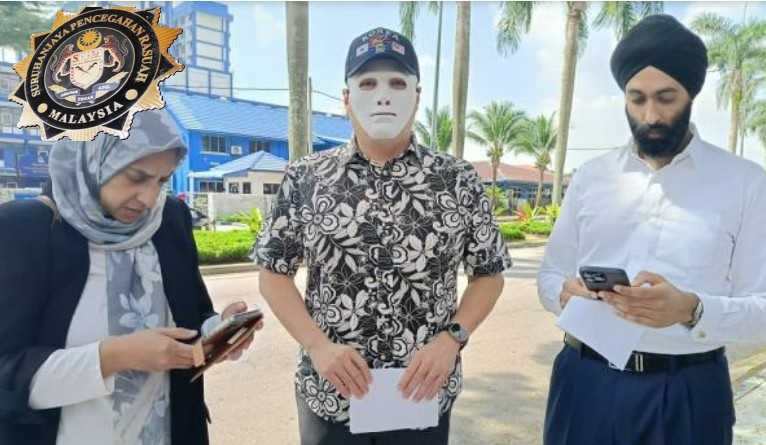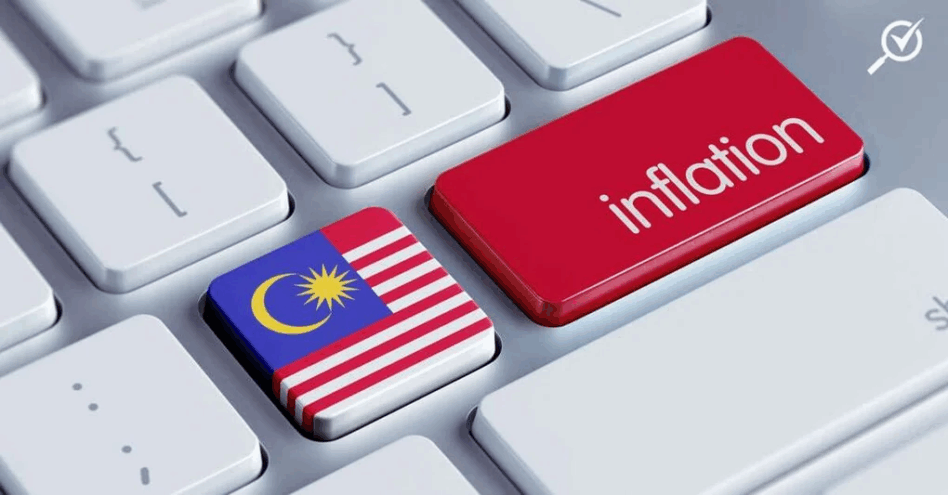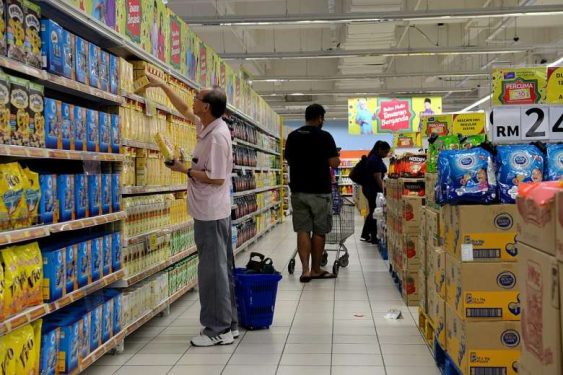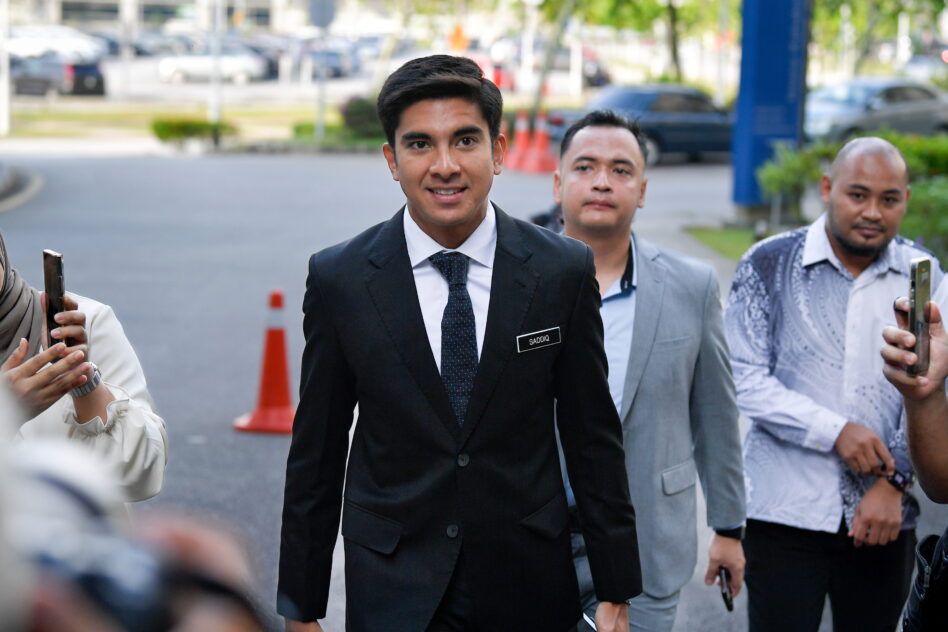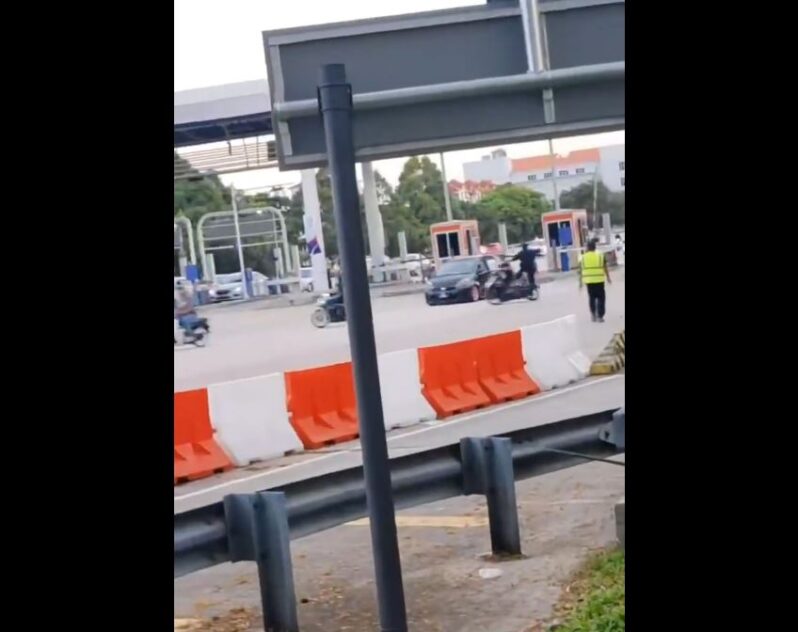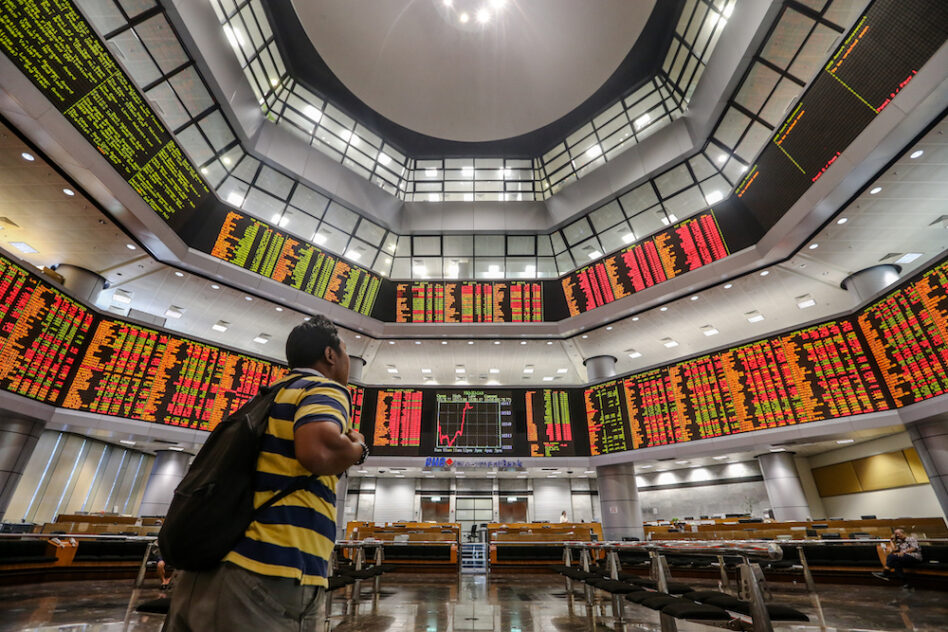NEWS that authorities plan to charge the so-called whistleblower in the Sabah mineral licence scandal has triggered plenty of public interest. But before anyone rushes to label this a blow to anti-corruption efforts, it is worth looking carefully at the facts.
Not everyone who calls themselves a whistleblower is entitled to protection. The law draws a clear distinction between genuine whistleblowers acting in good faith and those seeking to cover their own wrongdoing.
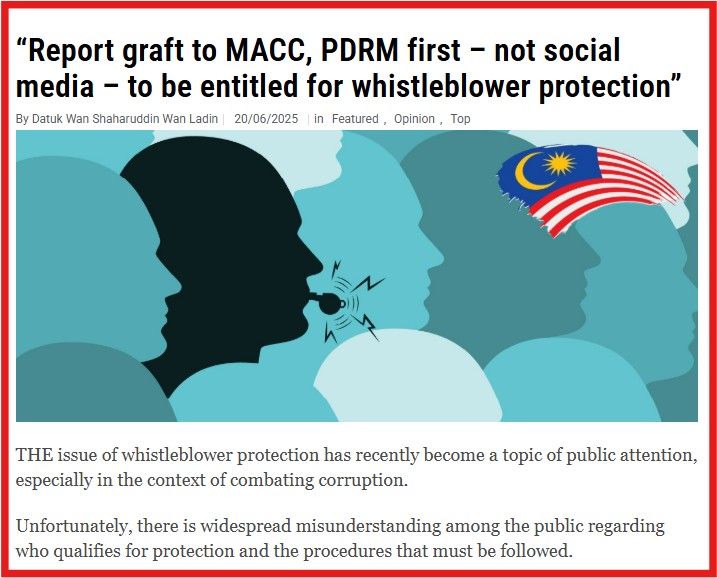
In this case, the businessman known as Albert walked into the Malaysian Anti-Corruption Commission (MACC) and handed over videos and documents that allegedly show bribes were paid to secure mining licences in Sabah.
But this was not the action of a neutral bystander. According to reports, Albert himself allegedly paid those bribes.
He was right in the thick of the scheme. It raises a simple question: had the deal succeeded, would he have spoken out? Or would this “hot air blower” have quietly pocketed the profits?
Worse still, there is reason to suspect that the entire episode is a set-up. Are we prepared to let anyone with a grievance throw accusations into the public arena and hope that some of it sticks? Are we going to risk setting a precedent that undermines both governance and justice?
The businessman’s conduct also invites scrutiny. Why the full-face mask in public? Is he ashamed of his role in this saga?
Bona fide whistleblowers like Julian Assange or Edward Snowden never concealed their identities.
Genuine whistleblowers
They stood by their actions. Henceforth, donning face masks give rise to the perception that their wearers might not be genuine whistleblowers but paid agitators with something to hide.
In any case, the legal position on whistleblowing is clear. The Whistleblower Protection Act 2010 does not grant automatic immunity to those who took part in the crime. Section 11(1) allows for protection to be revoked if the whistleblower is found complicit.
The Act also requires that reports be made in good faith through proper channels, not by splashing edited videos on social media.
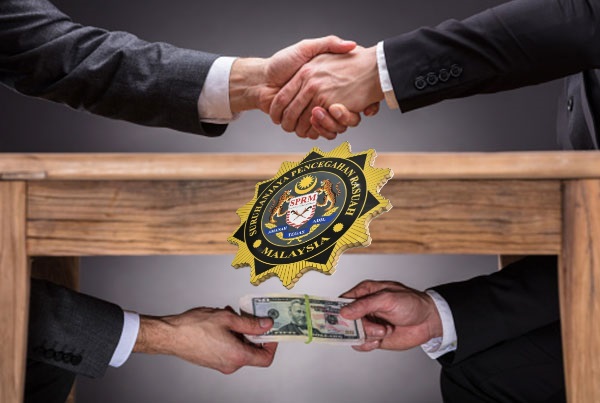
As MACC’s legal head Datuk Wan Shaharuddin Wan Ladin has pointed out, these safeguards are vital. They protect true whistleblowers, not opportunists seeking to escape liability.
Otherwise, we end up with a dangerous formula:
- Step 1: Pay bribes.
- Step 2: If successful, enjoy the profits.
- Step 3: If the deal fails, leak videos and claim whistleblower status.
That is not the message Malaysia should send.
The country needs real whistleblowers, ie those who step forward because it is the right thing to do – not because their own schemes have failed. Blanket protection for opportunists will only encourage more corruption.
In this case, prosecuting the businessman is the right step. It sets a clear standard: genuine whistleblowers will be protected. Those who try to play both sides will not.
Corruption must, of course, be tackled. If public officials in Sabah are guilty of wrongdoing, let them face justice. But we should not be so naive as to canonise every self-proclaimed whistleblower who makes headlines.
Sometimes, they are only blowing hot air. – June 25, 2025
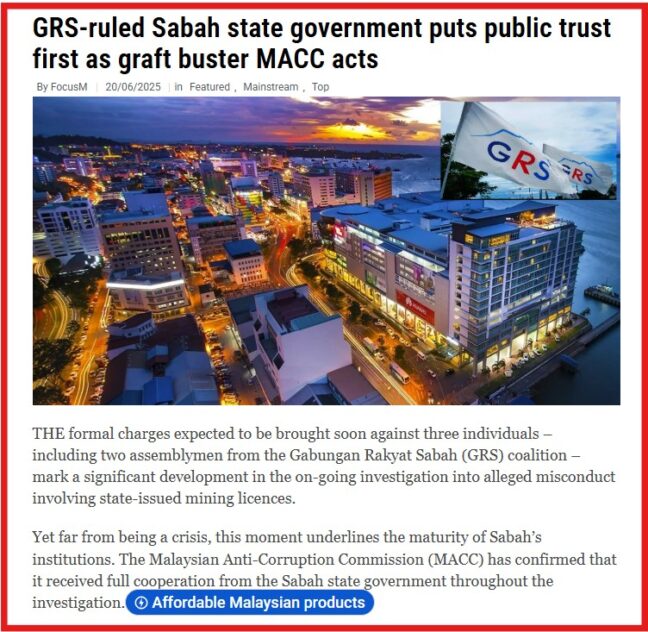
Main image credit: Malaysiakini


